Universities ‘absolutely vital’ to Canada’s AI strategy, minister says
Evan Solomon, Canada’s minister of artificial intelligence and digital innovation, in conversation with University Affairs’ Christopher Guly.
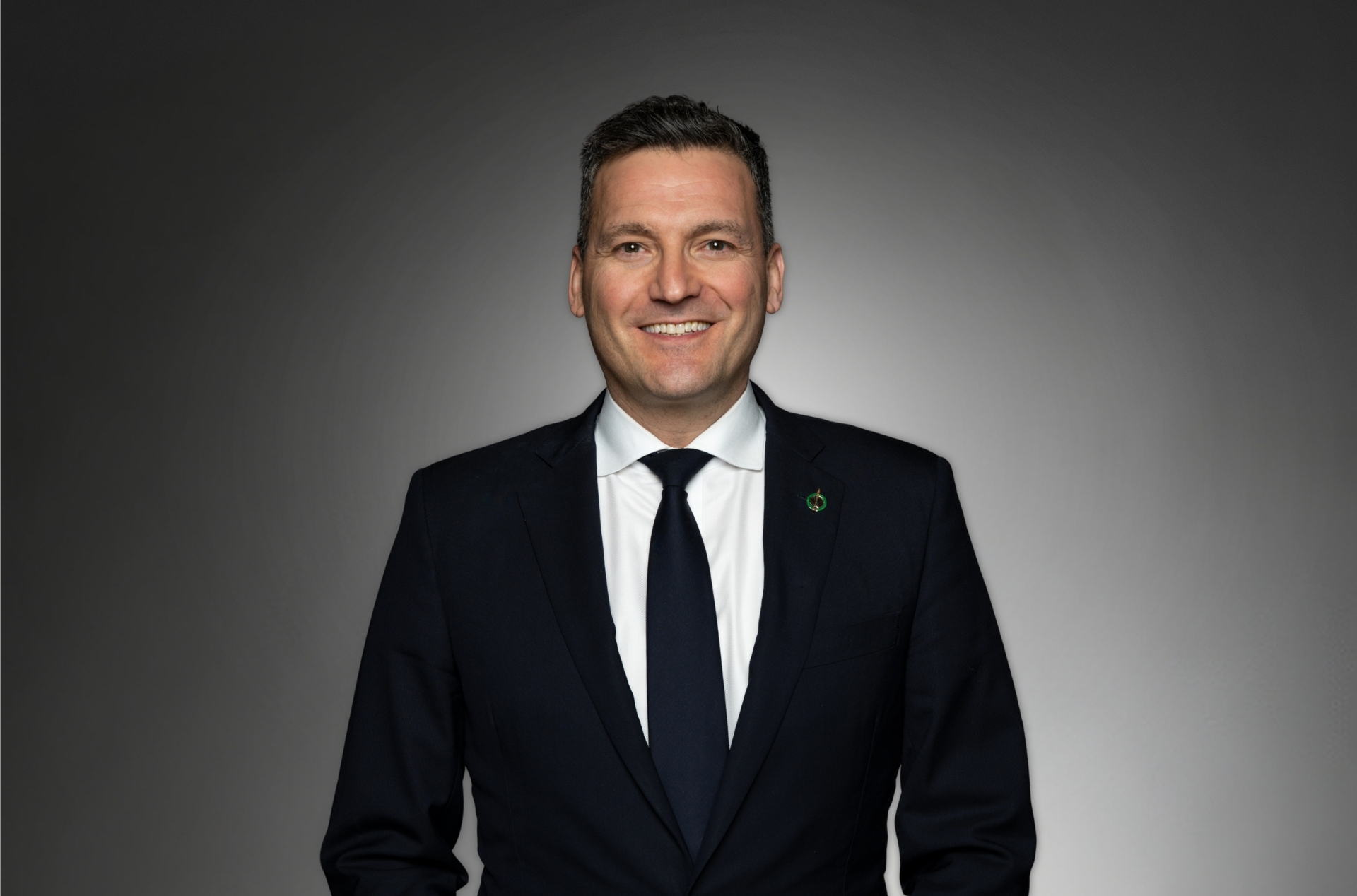
Evan Solomon was appointed Canada’s first-ever minister of artificial intelligence and digital innovation in May. A former journalist and entrepreneur, Mr. Solomon was elected MP for the riding of Toronto Centre in the April election that brought Prime Minister Mark Carney’s Liberals to power. He sat down with Parliamentary correspondent Christopher Guly to discuss the role of universities in the federal government’s new AI strategy. The following Q&A has been condensed and edited for length and clarity. Listen to the full conversation here.
UA: What role do you foresee for Canadian universities within the country’s AI strategy?
MINISTER SOLOMON: Universities, post-secondary education are absolutely vital.
The principle we’re functioning on is AI for all. That means we need to make sure that we’re supporting this transformative technology that is happening at a rapid pace, that is having impacts across the country.
Part of my mandate in everything we’re doing is to make sure that everybody across all sectors have benefits from this. We have to build trust, and that comes from keeping privacy and data safe. It also means that we have to have a skilled and educated workforce to use these tools. Post-secondary education, colleges, universities, trades — they all have to be very much a part of this because they need to make sure that AI is a tool used to benefit everyone.
If you look at any part of the education curriculum, AI is having a transformative effect. In universities teaching healthcare, there are massive applications in terms of surgeries, diagnostics. In engineering, AI is transforming everything from building materials to urban planning.
Technology moves at the speed of innovation; culture and society move at the speed of trust. And the best mechanism to build trust is to have an educated workforce that understands what these tools do and then we have to have the legislation around that.
If you look at who was appointed to our AI national task force, there were lots of academics and university folks on that list. Our ministry heavily invests in academics through our three amazing national labs — Vector in Toronto, Mila in Montreal and Amii (Alberta Machine Intelligence Institute) in Edmonton. We work closely with the Digital Research Alliance. We are building a sovereign compute infrastructure program, a state-of-the-art Canadian-owned supercomputer that will be housed at universities because that’s about enhancing the ability of researchers to stay at the frontier.
AI was essentially invented by Canadian advanced researchers. That’s Geoffrey Hinton, that’s Yoshua Bengio, that’s Rich Sutton. Our academic institutes really pioneered AI, so we have to keep Canada at the forefront.
Finally, bringing in talent and supporting research is a massive part of that. We’ve got our global innovation clusters; we’ve got our pan-Canadian AI strategy that plays a major role in supporting research.
In every aspect of our plan, universities, education, talent, skills, training are going to be a massively important part of making sure that when we adopt AI across sectors it benefits everybody — not just a select, elite few.
You’re positioning Canada as a leader in AI. Is that largely or partly driven by the universities?
This is the thing we should be proud about: Our academic and frontier research created AI. The godfathers of AI are in Canada and they’re still attached to Canadian universities. You’ve still got Geoffrey Hinton attached to Vector. Hinton won the Turing Prize and the Nobel Prize. Yoshua Bengio, who is at Mila, he won the Turing Prize. His students are all over the world and he’s still part of the university in Montreal. And Rich Sutton is still teaching; he’s attached to Amii. Canada is a leader. We’re not alleging it; Canada was the pioneer.
But leadership is not a birthright; you’ve got to fight for it. Our AI strategy has to make sure that not only we continue our leadership, but we invest in it, because it’s become significantly more competitive. So, we need to attract more talent — better professors, better researchers, better students — and we’ve got to make sure that they stay in Canada afterwards.
We should note how AI is changing how universities think about themselves. Universities are now no longer just places of pure academic research. They remain that, but they’re also essentially the centre of an ecosystem. They have accelerators. Many professors are starting their own businesses based on their research, because AI gives them the tools. This is the age of the entrepreneur. It has never been easier, because of AI, to turn ideas into action and businesses.
Waterloo is probably one of the most famous examples of this, the Waterloo ecosystem. You’ve got the Quantum Institute, OpenText, the Innovation Lab, the university all on the same campus, and their stories of cross-pollination and research that are fantastic.
As much as AI will challenge how we teach, what we teach — and there’s going to be lots of challenges there — one thing that universities are recognizing is that this is creating a massive opportunity.
At the University of Toronto, you have Ajay Agrawal, who is a professor in the Rotman School of Management, started the Creative Destruction Lab, which has funded multiple startups.
We are reimagining what universities are, having gone from pure research places only to essentially catalysts for startups and innovation zones. And that’s why, on our task force, we have the deans of these programs. Because they’re doing it — they’re showing us how it’s done.
When Mark Carney asked you serve in his cabinet as Canada’s first minister of AI and digital innovation what were the prime minister’s reasons for creating the new portfolio?
He recognized this kind of Gutenberg moment, that we’ve got political realignment and technological revolution happening, and that AI was no longer a subset of industry. It was something on its own that demanded its own ministry to focus on full-time.
If we’re going to provide AI for all, that means we need to build up our sovereign infrastructure — everything from data centres and clouds, so we need a sense of security. We need to make sure that we drive adoption, and that it’s done in a safe and secure way — a way that protects our values and reflects our values, and then, because we’ve got to trade globally, projects our values. We’ve got to make sure that AI is used for all in a productive and trustworthy way. He asked me to do that, and I am endeavouring to complete that mission.
His formula to build Canada strong, to protect Canadians from negative forces out there and empower people to build something that will keep our prosperity in the future is undergirding our entire mission at my ministry because we have to do that for a whole new industry.
As a journalist, you always had an interest in technology. Wearing your journalistic cap, what are your concerns about AI?
Every new technology of this scale, this scope, is going to have massive opportunities and there are going to be risks associated with that as well. Our job is to make sure that the opportunities are significantly more impactful than the risks.
This is why we need to make sure that we have businesspeople that start their businesses here, they grow their businesses here, they expand their businesses here — and that Canada becomes, with this technology, a headquarters nation.
My concern would be if this only benefits the few, not the many. My concern would be if we’re not starting companies here but we’re starting companies in other places. We are seized with these questions and there are not easy answers.
This is a long journey to build a country together that has these incredible tools, and we have to build it right — and it’s going to take some work.
Do you have concerns about authenticity regarding AI — online scams, duplicating voices and images, that kind of thing?
When we introduce legislation it will be about Canadians’ privacy and data. There will be aspects on dealing with deep fakes. There will be aspects on how we treat information related to children. That’s one aspect of things. We’re going to have the minister of heritage dealing with an online harms bill that will have elements of that. And we’ll have the minister of justice who also has promised some legislation around non-consensual deepfake imagery. So we’ll have three ministries dealing with those kinds of things to make Canadians feel safe and secure.
Featured Jobs
- Sociology - Tenure-Track Position (Crime and Community)Brandon University
- Medicine - Associate or Full Professor (Kidney Health)Université de Montréal
- Finance - Faculty PositionUniversity of Alberta
- Engineering - Assistant or Associate Professor (Robotics & AI)University of Alberta
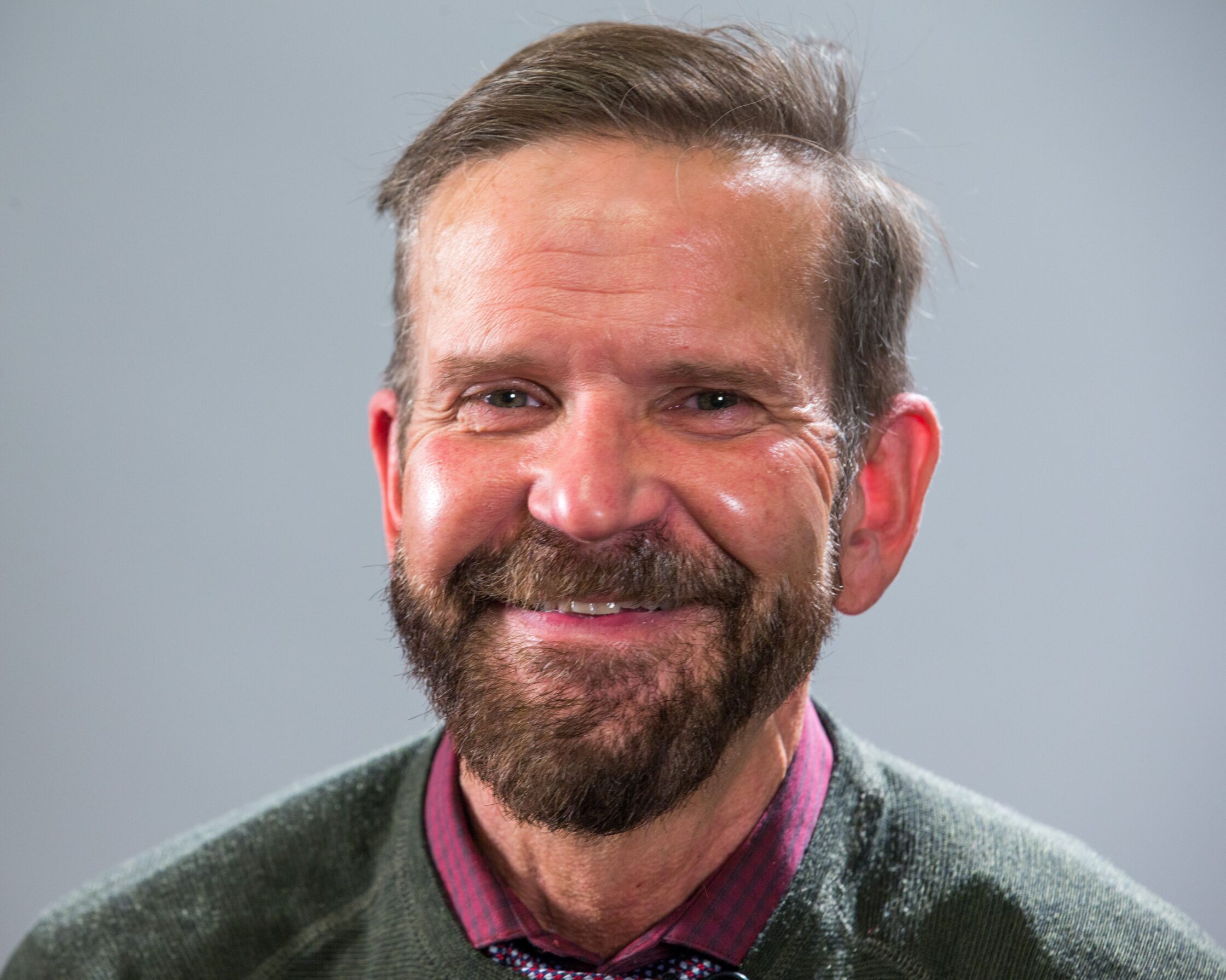



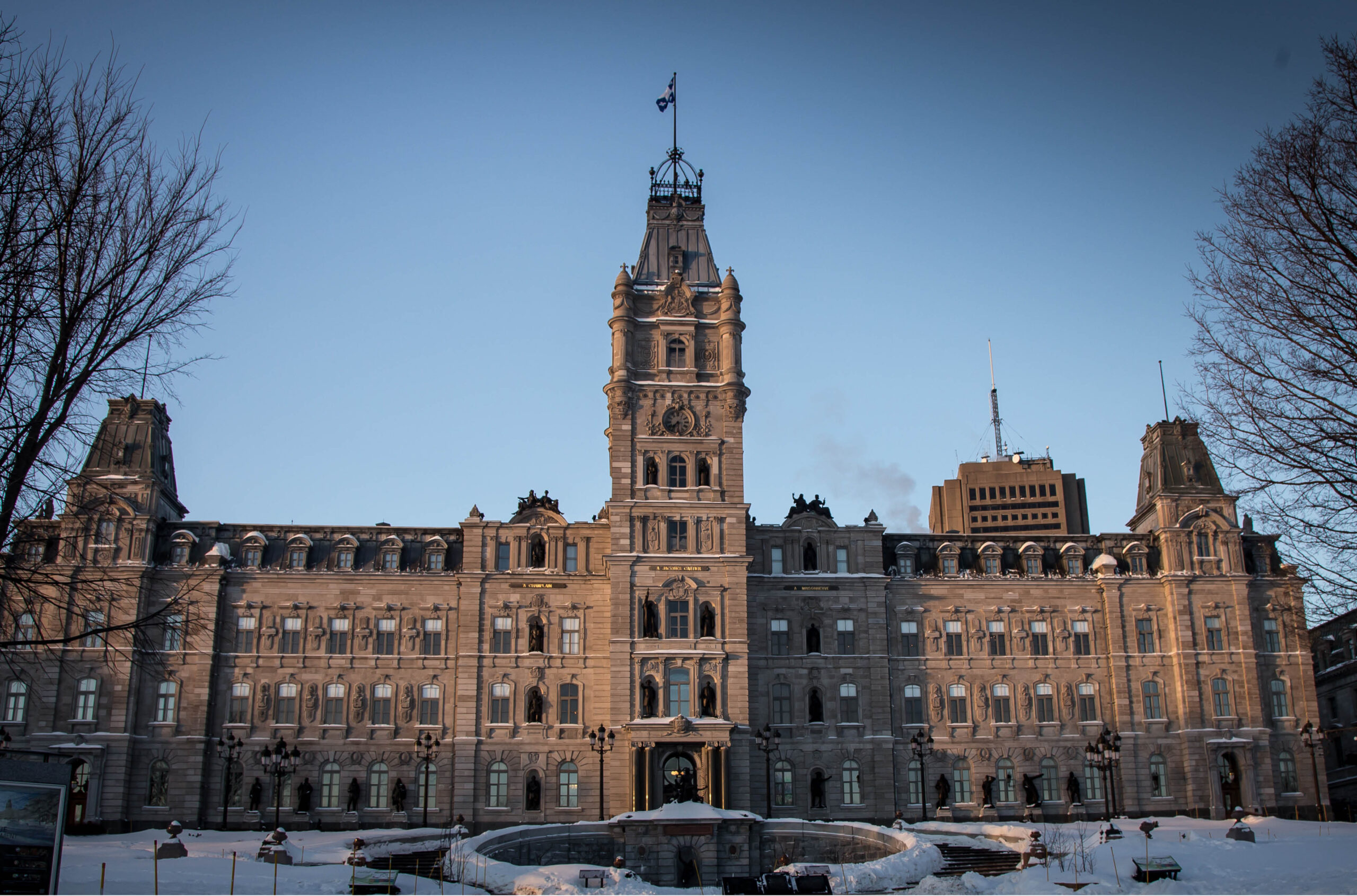
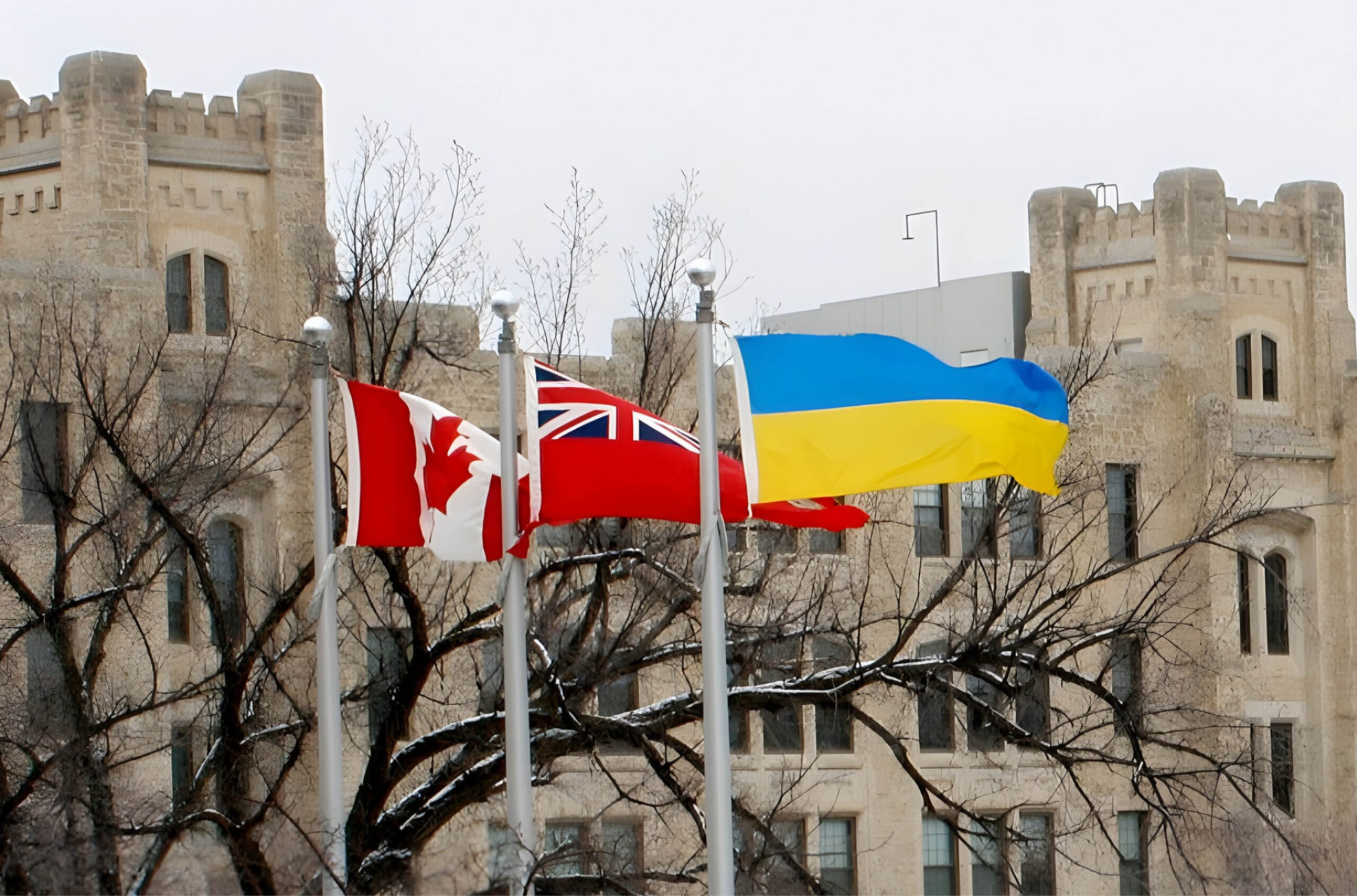





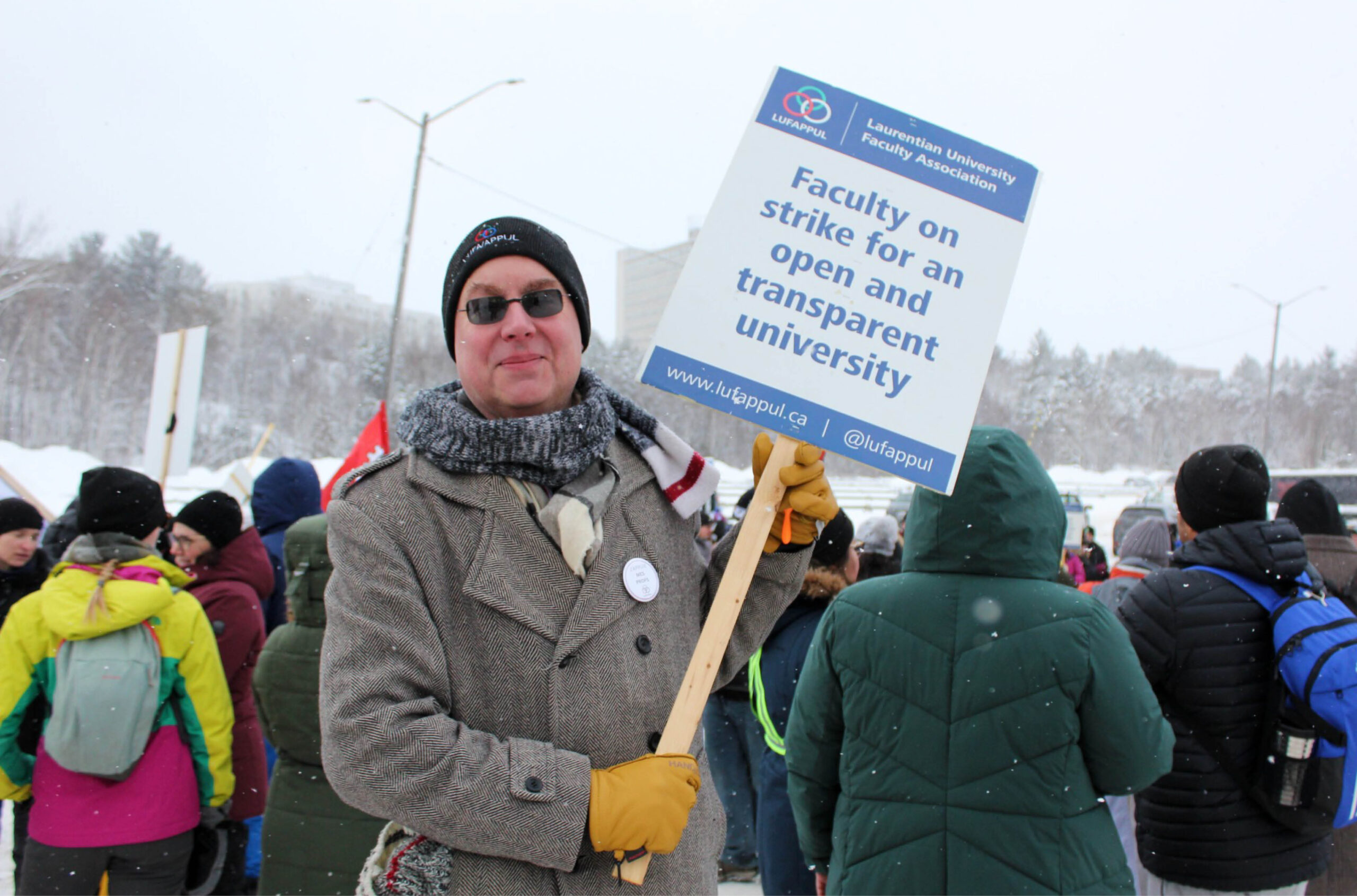

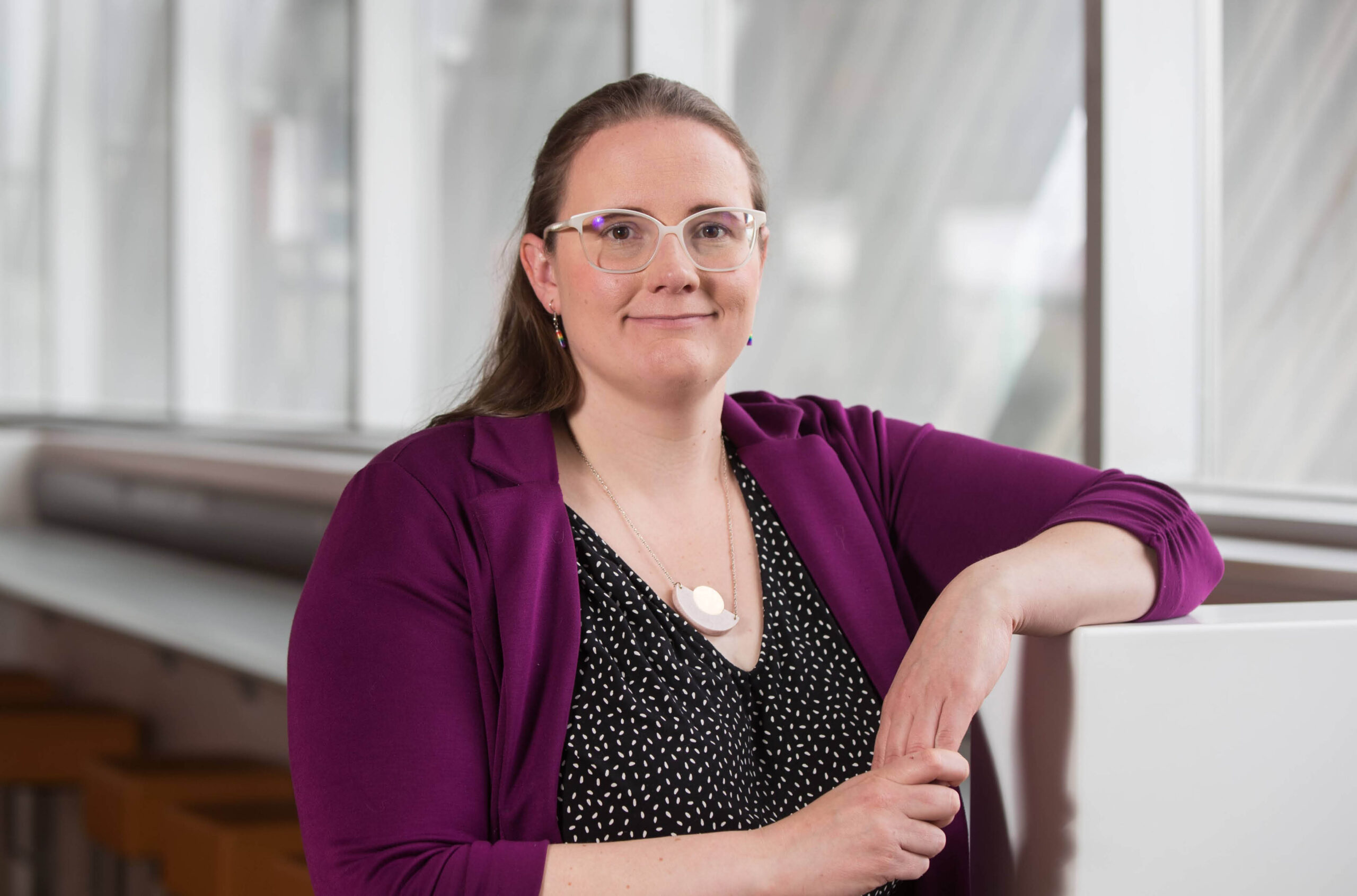

Post a comment
University Affairs moderates all comments according to the following guidelines. If approved, comments generally appear within one business day. We may republish particularly insightful remarks in our print edition or elsewhere.